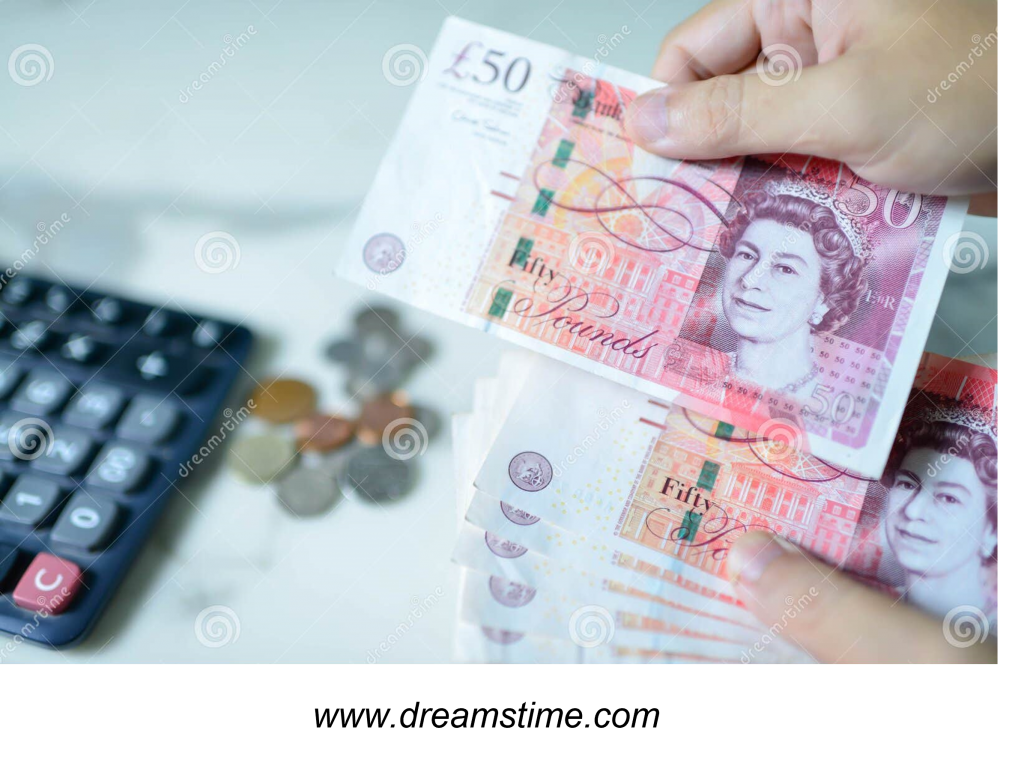The Quantity Theory of Money – Economics Revision – The Tutor Academy
The Quantity Theory of Money – Economics Revision – The Tutor Academy
Level: AS Levels, A Level, GCSE – Exam Boards: Edexcel, AQA, OCR, WJEC, IB, Eduqas – Economics Revision Notes
What is the Quantity Theory of Money?
The Quantity Theory of Money is an economic concept explaining the relationship between the price level and quantity of money in an economy.
This concept is based upon the assumption that the quantity of money is directly proportional to the price levels.
The “Equation of Exchange” suggests that an increase in the quantity of money will result in a increase in price level, and vice versa.
The “Equation of Exchange”
MV = PQ
M is the quantity of money in circulation
V is the velocity of money
P is the average Price Level of goods and services in the economy
Q is the quantity of goods and services in the economy
The Quantity Theory of Money – Real Life Application
- Explains changes in the Money Supply – this theory can be used to identify changes in the Money Supply of an economy. For example, of the Central Bank increase the money supply, the quantity of money will increase and so will the price level. Alternatively, if they money supply decreases, the quantity of money and price level will fall.
- Economic Stability – it can be argued that central banks should focus on controlling the money supply to maintain price level and achieve economic stability. The Money Supply affects by the quantity of money and price level.
Evaluation of The Quantity Theory of Money
- Concept is controversial – The Quantity of Money Theory is based upon the assumption that the velocity of money is constant; economists have challenged this and believe that the velocity of money can change overtime
- Has implications for Monetary Policies – This theory can be beneficial in guiding economists on how to adjust the monetary policy to achieve economic growth and maintain price levels
- Long-Term Theory – The Quantity of Money Theory is a long-term theory which means that it disregards other short-term factors, such as expectations and level of economic activity that may influence the price level
- Reductionist – Some economists argue this theory does not take into consideration the complexity of the real world and other short-term factors
Quick Fire Questions
1. Define “The Quantity Theory of Money” (2 marks)
2. Identify the type of relationship between the Quantity of Money and Price Level (2 marks)
3. Using a formula, explain the “Equation of Exchange” (4 marks)
4. Identify and explain two real life applications of The Quantity Theory of Money (4 marks)
5. Identify and explain four evaluation points for The Quantity Theory of Money (8 marks)
Next Revision Topics
- The Functions of Money
- The Role of Central Banks
- The Role of Financial Markets
- Financial Markets
- Market Failure in the Financial Sector
- Monetary Policy
A Level Economics Past Papers

